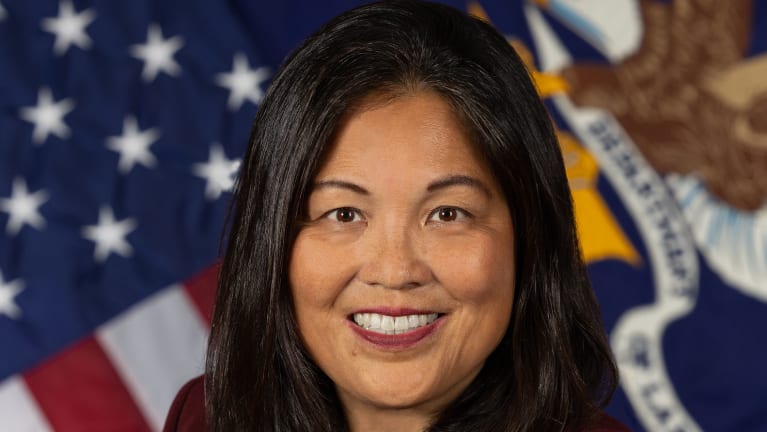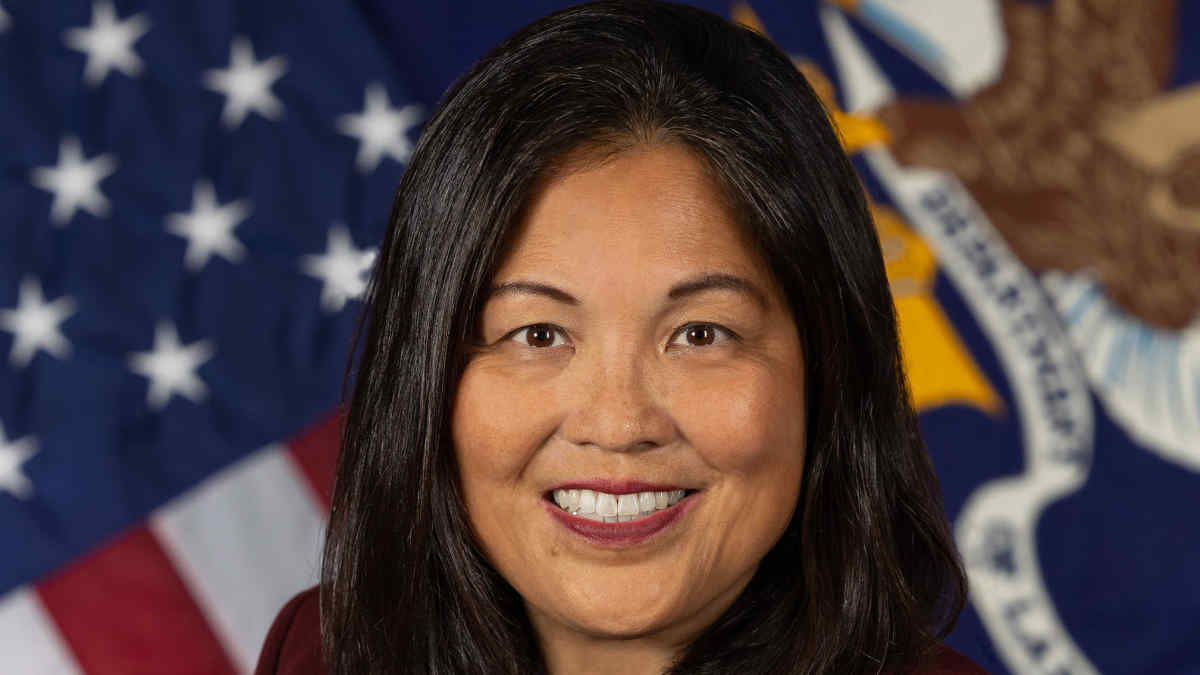

?Congressional lawmakers grilled Julie Su, President Joe Biden’s nominee for labor secretary, at a contentious hearing on June 7.
Members of the U.S. House Committee on Education and the Workforce were split along partisan lines with Republicans criticizing Su’s record and Democrats praising her leadership. The U.S. Senate must vote on whether to confirm the nomination.
Su, who is serving as acting labor secretary, testified before the committee after the chair, Rep. Virginia Foxx, R-N.C., threatened to subpoena her. Su defended the U.S. Department of Labor (DOL)’s record on combating child labor violations and emphasized the DOL’s recent efforts to expand registered apprenticeships and training programs for workers to meet employers’ needs for certain skills, especially in the construction, manufacturing and cybersecurity industries.
Support for Su
Rep. Bobby Scott, D-Va., said Su represents “the best of America” and is “an impeccably qualified candidate” for labor secretary.
Rep. Pramila Jayapal, D-Wash., said Su “is so skilled, so experienced, so qualified, such a record of success in [her] tenure.” She noted that there were 13 million new jobs created since 2021, and the share of working-age Americans in the workforce is at its highest level in 16 years.
Rep. Kathy Manning, D-N.C., praised the DOL’s economic successes. Following the COVID-19 pandemic, “we have the most robust economic recovery of any country in the world. We have the lowest unemployment rates in decades, and we have seen wage increases for workers.”
“We are seeing historic economic growth, but what we need to do is finish that job,” Su said. “We need to make sure those impacts are felt in every single community, that every worker who wants a good job can find the educational and training opportunities to get them.”
Opposition to Su
Some Republicans have interpreted the DOL’s regulatory actions to be anti-business and pro-union.
Rep. Lisa McClain, R-Mich., told Su, “Throughout your career you’ve shown a deep disdain for businesses. Let’s not forget it’s the businesses that pay the taxes and give us the social programs that we all so desperately need.”
Su said her immigrant parents owned small businesses, and she learned firsthand about the needs and experiences of small-business owners.
“Small businesses are the engines of our economy. They are job creators and are important for us to support,” she said.
Rep. Jim Banks, R-Ind., questioned the DOL’s response to child labor violations, citing reports about a sanitation company that employed at least 102 minors in dangerous conditions at 13 meat-processing facilities in eight states. The DOL investigated and fined the company $1.5 million.
“What is the all-hands-on-deck moment in your department to take care of that issue?” Banks asked. “You ignored this issue.”
“The story came out because the Department of Labor was doing our job,” Su said. “I agree that children doing that work is horrific. We issued the maximum penalty. This is a real issue, and we are paying close attention to it.”
Foxx lamented what she deemed the Biden administration’s favoritism toward unions. The DOL “pushes a misguided union agenda,” she said. “At worst, it subverts our economic stability and prosperity to do so.”
She also disagreed with the DOL’s latest budget proposal that she said would add about 2,000 bureaucrats. “We should be shrinking, not expanding, the size of the federal government,” she said. “We should promote job creation by removing the government as much as possible from the equation. That means subtracting from, not adding millions to, your budget.”
Rep. Tim Walberg, R-Mich., expressed concerns about the DOL’s upcoming proposed change to overtime rules. “Changes at this time, with significant increases in inflation and lingering supply chain problems, worker shortages across the country, and a potential recession on the horizon, may be devastating to our economic recovery,” he said.
The DOL should study the high number of people not participating in the workforce right now, said Rep. Rick Allen, R-Ga. He also expressed disapproval for the DOL’s new rule allowing fiduciaries to consider environmental, social and corporate governance in investing decisions. It took effect Jan. 30.
Rep. Kevin Kiley, R-Calif., criticized the California law AB 5, which required some gig workers to be classified as employees, rather than independent contractors. Su enforced the law in her previous role as the state labor secretary.
“AB 5 is not federal law. It cannot be federal law unless Congress decides it should be,” Su said. “I have not called for that on the federal level. Bona fide independent contractors will always have a place in our economy.

